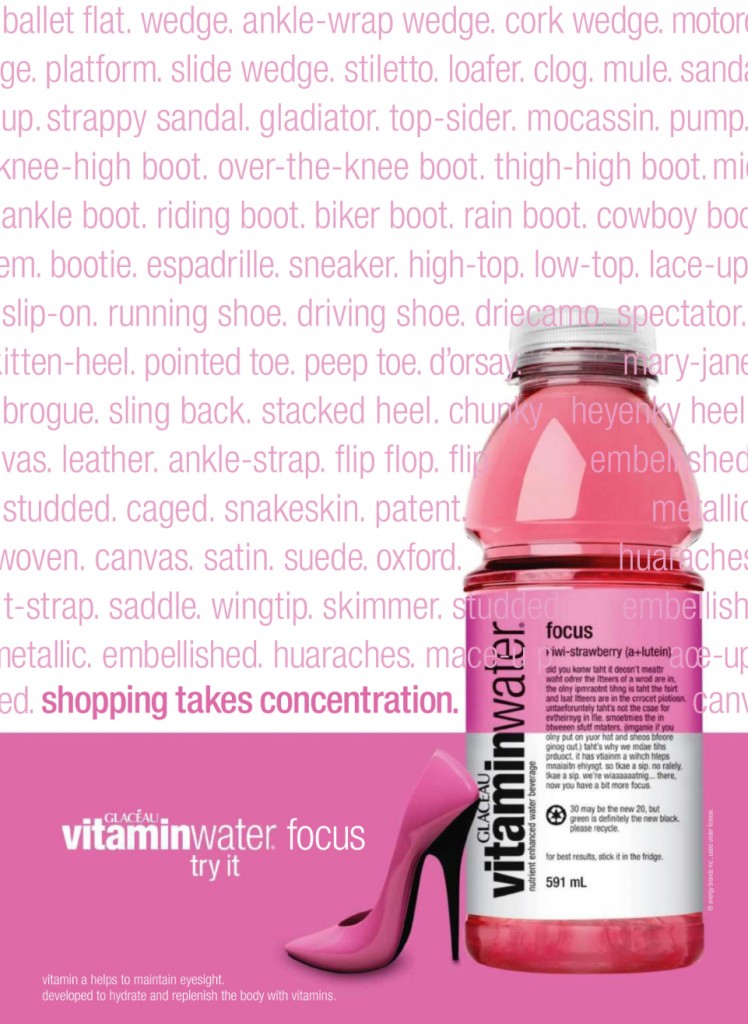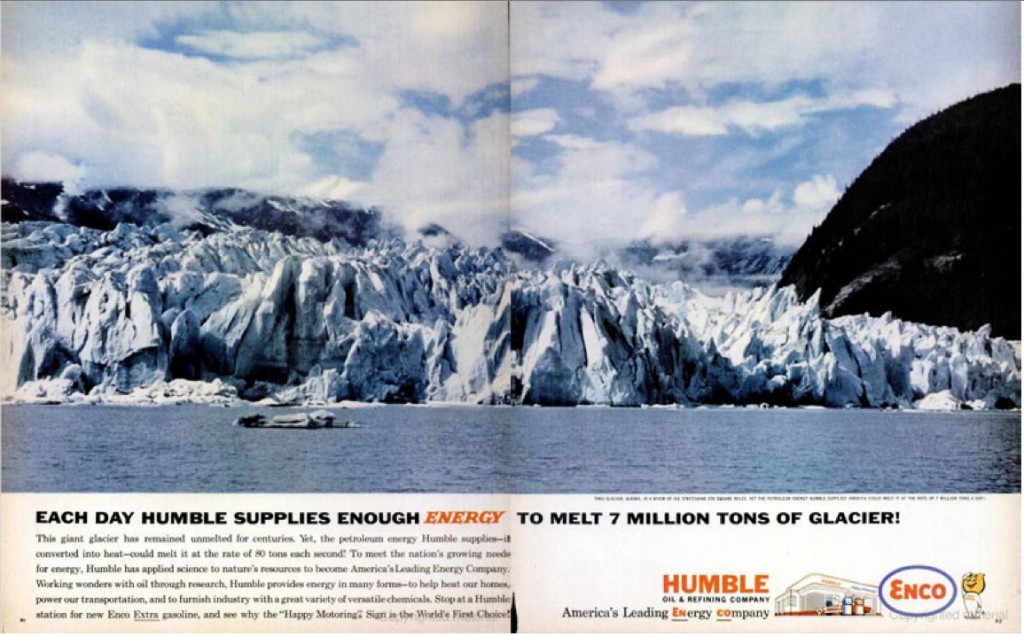
Kathleen P. sent in a commercial for Allstate Insurance that draws on stereotypes of teenagers:
This ad depicts a teenager girl, to be sure, but teenagers of both sexes and all races and classes tend to be portrayed negatively, albeit in different ways. Jamie Keiles, a teenager herself, is trying to draw attention to this at her blog, Teenagerie. Keiles writes:
Through the eyes of the media, teenagers are shown as narcissistic, lazy, and unintelligent. We are condemned for being tech-obsessed, shallow, and impulsive.
Keiles, however, blames media itself for promulgating this stereotype, giving teens the message that their lives should fall within its boundaries. She’s hoping her project will make a difference.
Lisa Wade, PhD is an Associate Professor at Tulane University. She is the author of American Hookup, a book about college sexual culture; a textbook about gender; and a forthcoming introductory text: Terrible Magnificent Sociology. You can follow her on Twitter and Instagram.

















